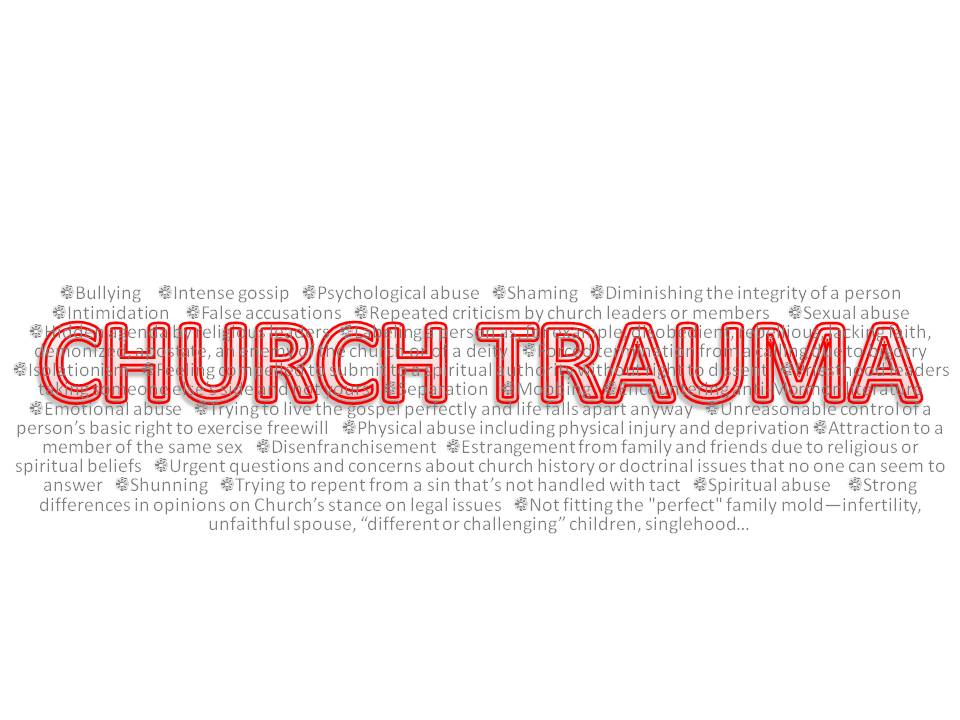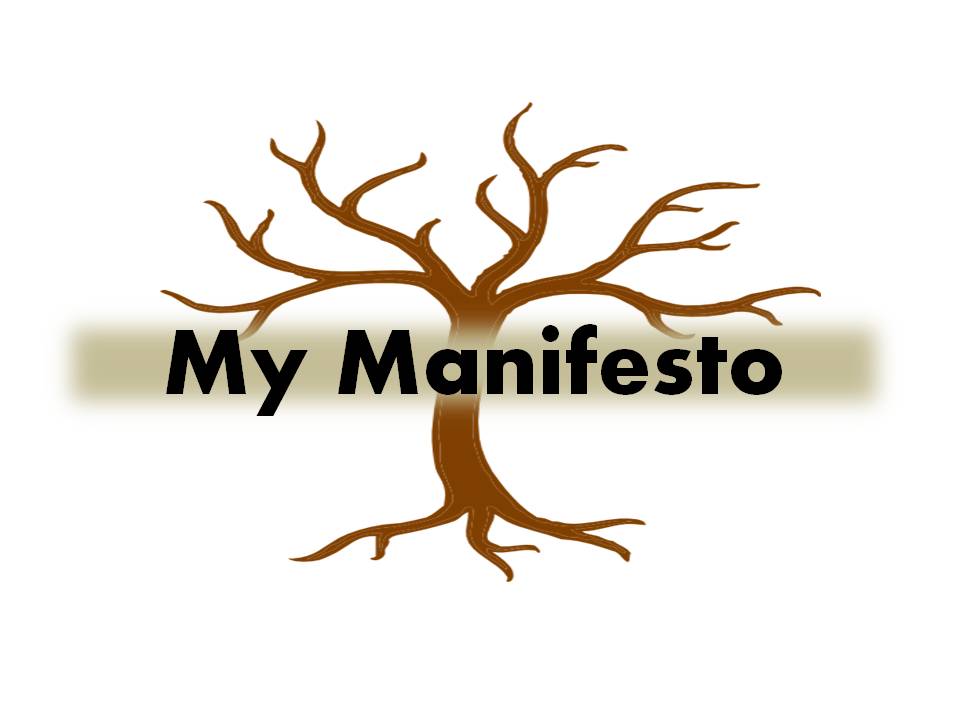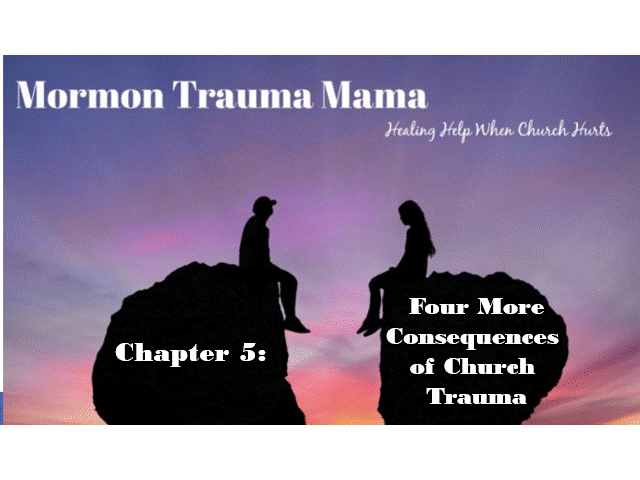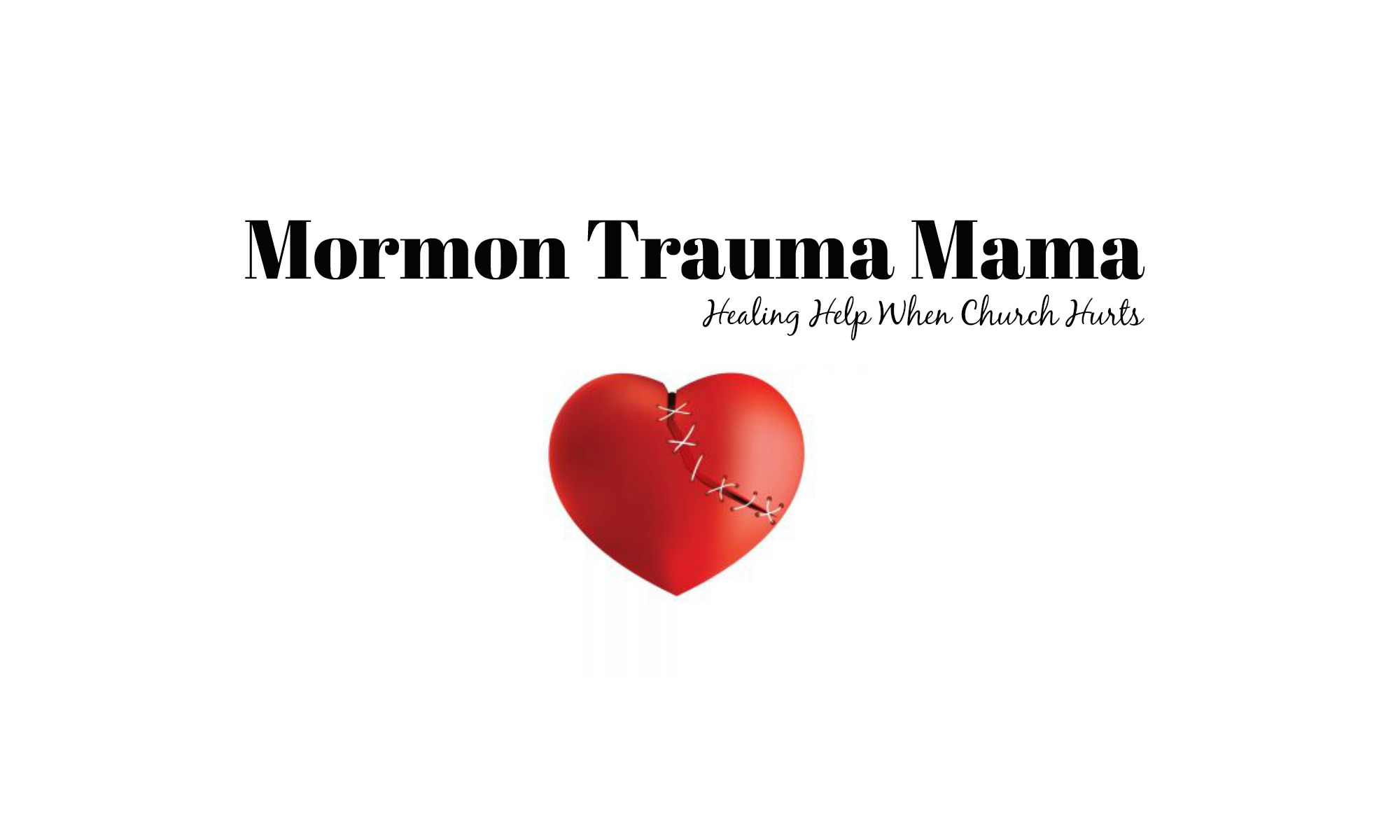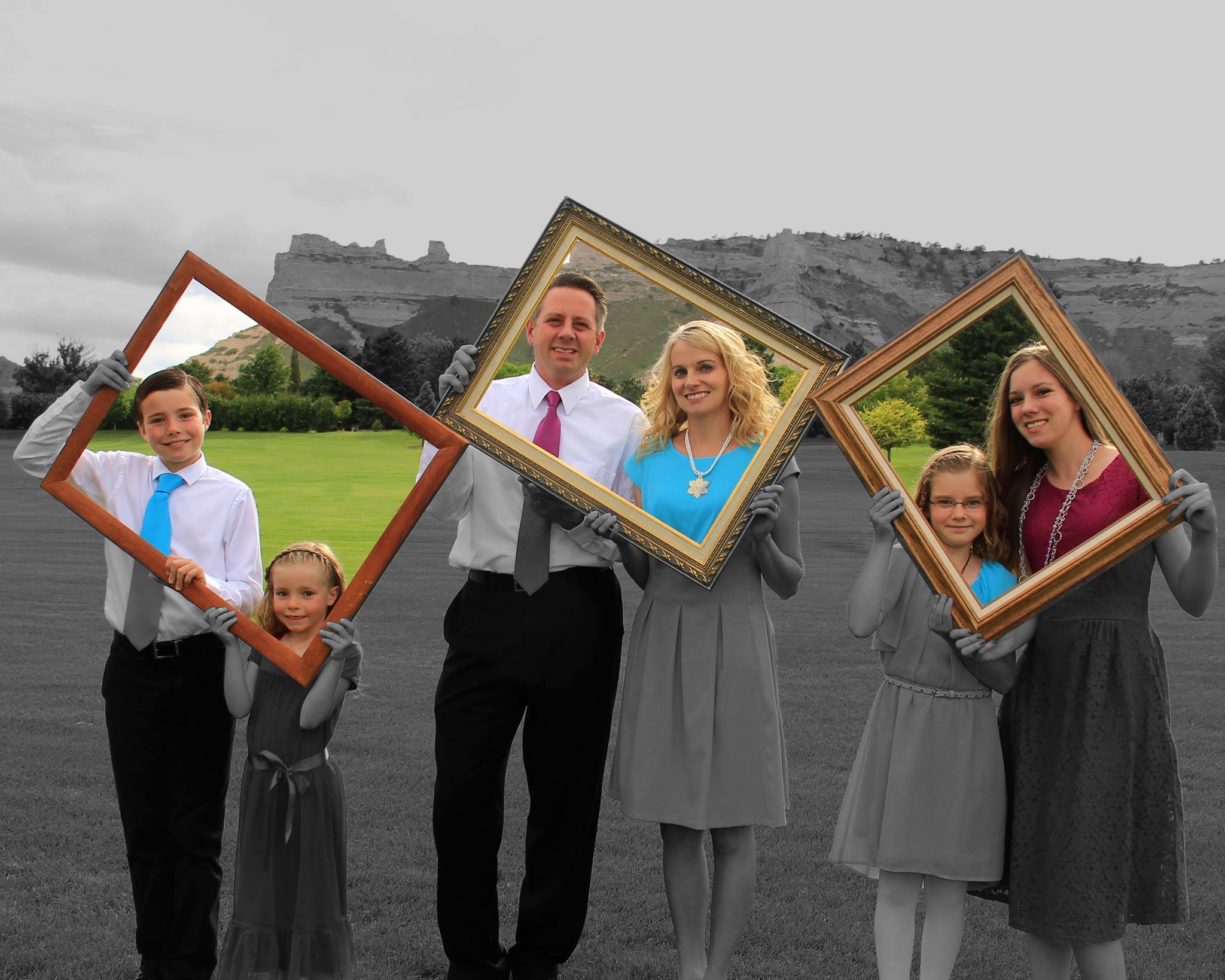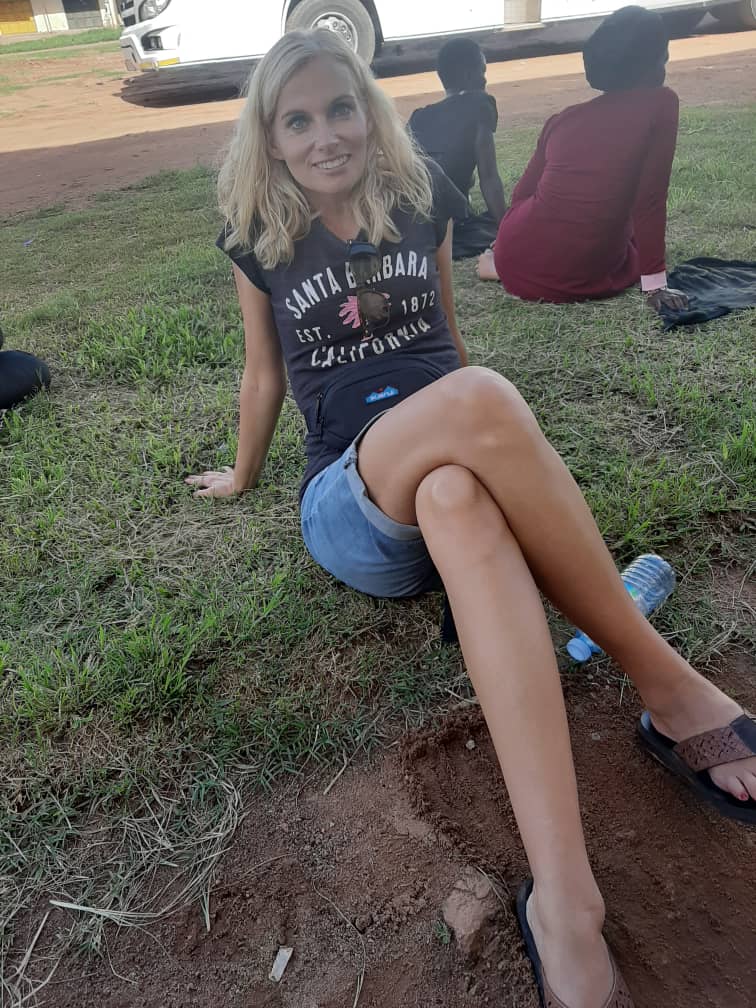Self-Care
- Codependency, Courage to Speak Up, Danna Hartline's articles, Dissonance, Effects of Trauma on the Family, Healing, lds culture, Leadership, Mental Illness, Mormon Culture, Self-Care, Self-trust, Shame, Suicide, Trauma vs. Offense, Trust the Lord
Church Trauma Is More Common than You Might Realize
Last month the Mormon Trauma Mama team hosted an invitation-only summit called When Church Hurts to talk about the problems we are seeing with church trauma and how we can promote awareness, healing, and change. We are still working on solutions to this problem—and will be for many years to come! But at the summit, I introduced a man who had a similar dilemma. Maybe you have heard about him. His name is Ignaz Semmelweis. Semmelweis was a fascinating man. He was a European doctor, an obstetrician, in the mid-1800s. He worked at Vienna’s General Hospital, an important research hospital, where he tried to get to the bottom of a…
- Acceptance, Anger, Danna Hartline's articles, Depression, Dissonance, Empathy, Examples of Courage, Healing, Love, Self-Care
Growing Up Is Hard Work
Let us not deny it: Growing up is hard work. I’m learning that. For years I thought growing up just came with age but I’m learning that it’s something I get to choose to do—or not do. And today was a test in growth. It hit rather subtly. I thought I was doing so well and I have been. I have been really paying attention to my self-talk and not being reactive but today I felt I lost all grounding. For a moment, the stresses seemed to be too much. I “broke,” something I haven’t done for some time. (A tendency I have is to feel everyone else is allowed to…
-
The Dying of Beliefs Post Trauma
In her book On Death and Dying, Dr. Elisabeth Kubler-Ross taught that there are certain steps one goes through in the dying process: denial, anger, bargaining, depression, and acceptance. In the first stage of denial, people refuse to accept their new reality. They say, “The lab must have gotten my tests mixed up with someone else’s.” Or “This happens to other people, not me.” But their denial doesn’t work very long. So they move into the next stage: anger. They are angry at the doctors, angry at their family, angry at God. When the anger doesn’t help, they begin to bargain. They think they can bargain with God to buy…
- Danna Hartline's articles, Dissonance, Effects of Trauma on the Family, Healing, Mormon Culture, Self-Care, Unrighteous Dominion
What Is Mormon Trauma?
One of my personal favorite powerhouses of our day is an LDS woman, Liz Wiseman. She spoke at a BYU Devotional a few years ago on “The Power of Not Knowing.” While I loved her message, those words struck me anew when I sat down to write this article. The power of not knowing… Although Wiseman was talking about having the courage to move forward through uncertainty and new terrain, the idea of not knowing—of being ignorant or even “dumb”—can indeed sometimes be very deceptively empowering. When we truly don’t know—but think we do—we can teach certain principles and subjects with conviction because we may not have any knowledge of…
-
Lost Sheep
By Gerry Baird Christ’s parable about leaving the ninety and nine to search for the lost sheep is a beautiful story of love, and a model for the missionary work done by LDS Church members. Absent from this story, however, is the reaction of the other sheep when one of their members chooses to wander. Agency When the prodigal son decided he wanted to collect his inheritance and strike out on his own, his father allowed him to make that choice. This is because all have their agency. The sheep are not kept in the fold by force. Unfortunately, when members of the Church see someone struggling or leaving, they…
-
Mormonism Can Be Good; Mormonism Can Be Bad
Travis and Devin are both active in the LDS Church. They both perform their church duties, pay their tithing, read their scriptures, and pray daily. However, their motivations for doing so are totally different. Travis’s reasons for church attendance and personal commitments are due to intrinsic motivations—because of deep devotion to God; while Devin’s purposes are extrinsic motivations—because of the need to appear “good” and for social status. It sounds pretty simple to say that Travis is on a higher plain than Devin and that Travis will fare better than Devin in the long run. We often hear this. (“I don’t go for others; I go to strengthen my relationship…
-
The Effects of Trauma on the Family
I want to talk about how trauma affects families. I think we often do not consider the devastating effects of trauma beyond the individual. To get our minds focused, I want to share a few responses as to why people stopped attending church from my Church Trauma surveys. I want you to pay attention and consider how the whole family was likely affected by these traumatic experiences: [I quit attending church because] I had trauma due to my husband’s addiction. [I quit going to church because] I am going through a divorce. It is not my fault but being a man, I was blamed for it. [I quit attending church…
-
Successful Navigation Might Require Us to Break the Rules Sometimes
I read a book once about how to drive through life successfully. It had a lot of great points but I thought it was too simple-minded and rigid. Sometimes we are presented with situations that require hard, less popular answers and solutions. I want to address four principles that can help us get past these complex forks in the road so that we can continue successfully and faithfully navigating on the road of life: 1. Sometimes We Have to Go Out of the Lines Often we get the idea that while navigating through life, we must always stay in the lines. On the surface, this seems like a very good idea and crucial to good navigation. I agree actually. I think mostly…
